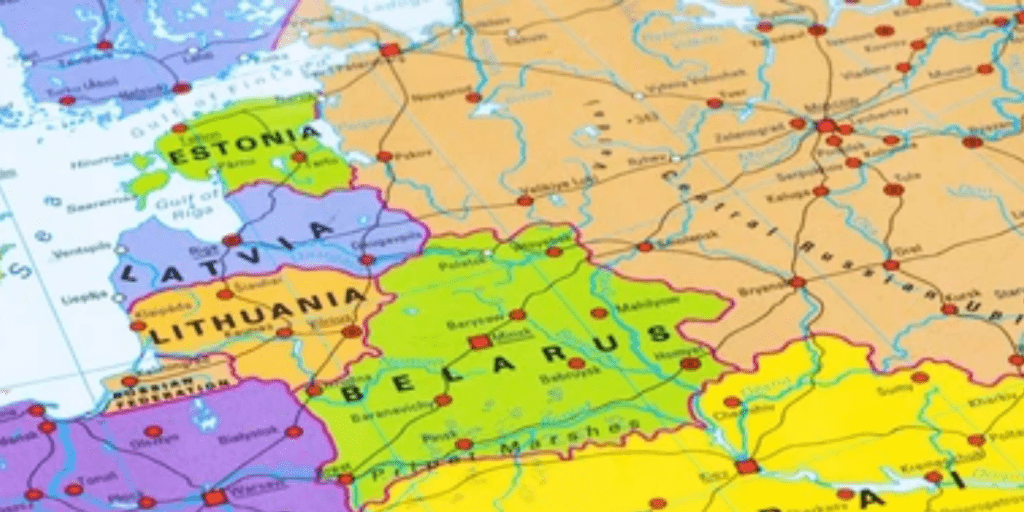
Estonian Prime Minister Kaja Kallas raised some eyebrows with recent remarks that her country and the other Baltic states would be “wiped from the map” under existing NATO war plans in the event of a Russian invasion.
Kallas also called on the alliance to accelerate military assistance to Ukraine before war fatigue takes hold in the West and Russia makes permanent territorial gains. And as the world’s largest contributor of military aid to Ukraine as a percentage of GDP, Estonia has put its money where its mouth is – and the other Baltic states are not far behind.
Kallas’ rhetoric and actions, and those of other Baltic leaders, contrasts sharply with that of European leaders like French President Emmanuel Macron and German Chancellor Olaf Sholz, who have dragged their feet on providing assistance, repeatedly warned against humiliating Russia, and called on Ukraine to negotiate with the aggressor.
NATO’s most vulnerable members are also its most hawkish because they understand that should Russia succeed in subjugating Ukraine, then history suggests they could be next. On the Power Vertical Podcast this week, host Brian Whitmore speaks with veteran journalist and Kremlin-watcher Michael Weiss about how the war in Ukraine looks from the alliance’s front line.







